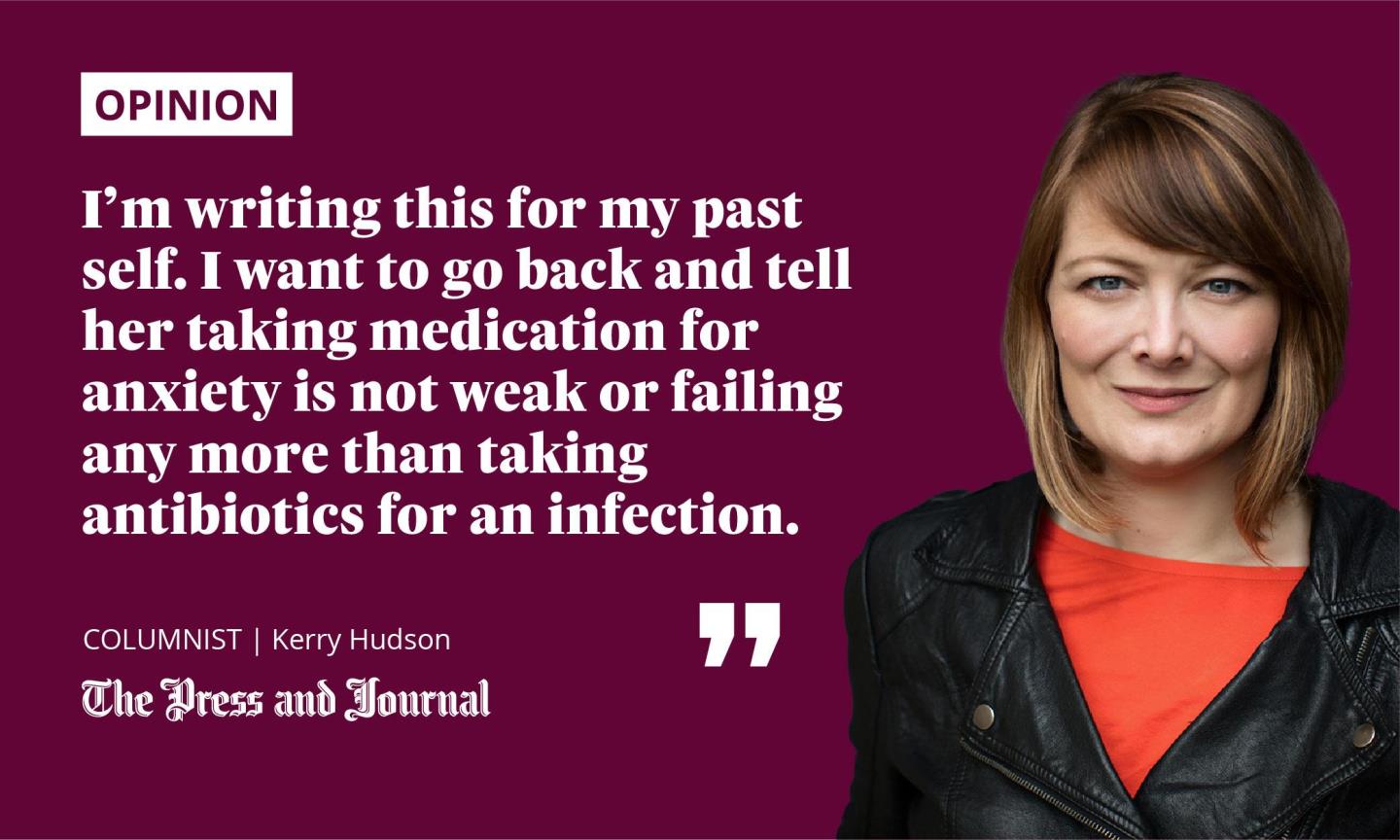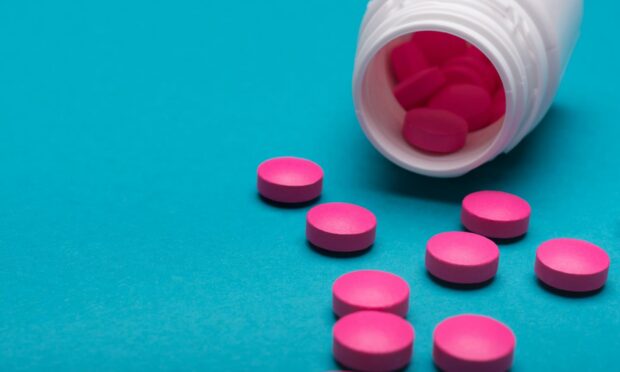This is a true story. In my early teens, I dislocated my shoulder.
In fact, I had known for many years there was a problem but I’d ignored it, assuming it was growing pains or adolescence. But, when I was 15, something inside me went “pop” and the pain got really serious, to the point that I struggled to focus on anything else.
Unfortunately, I was terrified of taking any sort of pills, even a low dose of paracetamol. So, I learned to bear the discomfort and, like so many women, to mask it. Slapping on a smile, make-up and a people-pleasing attitude.

Of course, I did try other things to make it better: special exercises, mindfulness meditation, special restrictive diets, speaking to professionals who might help and, eventually, self-medicating with alcohol. Some of it worked for a while, some made it much worse, but none of it was enough.
I lived like that for 17 years. It affected every aspect of my life, work and relationships and, still, I refused medication.
Then, at age 32, something magical happened. Me, an Aberdeen quine, who had grown up in Torry council blocks and left school at 15, got a book published by Random House. That was my first novel, the ridiculously-titled Tony Hogan Bought Me an Ice-cream Float Before He Stole My Ma.
I knew only too well that the nagging pain I insisted on enduring might ruin this dream come true. That, by not taking every avenue to get better, I might sabotage myself completely, as I had so many other things in my life.
I was scared medication would change who I was
Finally, I went to the doctor. She gave me tiny pink pills, the colour of candy floss. I took one the next morning and, within a fortnight, the pain mostly just stopped.
This is a true story. Just swap the mental toll of chronic anxiety for the pain of a dislocated shoulder.
Initially, I avoided taking medication because I felt it made me weak. That it meant I had failed or wasn’t strong enough
Like many of you reading this, I belong to the approximately one in four people in Scotland who have been affected by mental illness. Some of that was inherited in the genetic lottery, and the rest was readily supplied by a poor and unstable childhood and sexual assaults in my teens.
Initially, I avoided taking medication because I felt it made me weak. That it meant I had failed or wasn’t strong enough. I was also scared of potential side effects, or that it would change who I was.
But I wanted to live a better life, too. To honour the wee, scrappy girl who ran about Torry with a library book always clutched under her arm. I wanted her to have the life she deserved.
I’m no longer fighting the daily, exhausting symptoms of anxiety
I was incredibly lucky that the medication I was given suited me well and worked – I know often there’s some trial and error involved. Initially, I also experienced some side effects but, once I fully adjusted, my life was changed.
I went from having a panic attack if I had to speak at a meeting of more than four people to reading aloud to 3,000 people by the Colosseum in Rome. Those pills didn’t change me as I’d feared they would. Instead, I was able to be my true self – an energetic, hopeful woman, full of laughter, who was always there, under the mental illness.
I’m now a better mum, friend, partner and a much better writer. I always knew I could be all of these things. I was always there. I just needed a some help.
I’m writing this for my past self. I want to go back and tell her taking medication for anxiety is not weak or failing any more than taking antibiotics for an infection. And, yes, I still have therapy if I’m going through a hard time.
You should know that not everyone is sailing happily through life – some just found the right candy floss-pink pill that meant they could be themselves again
I exercise and meditate when my whirling Tasmanian toddler allows me to. But I’m not constantly fighting the daily, exhausting symptoms of anxiety, so I’m able to focus on the long-term, fundamental work of understanding the “why”.
I’m writing this because I wish more people spoke about out about the positives of medication for mental health. Because I wish there was less stigma attached, too. Because you should know that not everyone is sailing happily through life – some just found the right candy floss-pink pill that meant they could be themselves again.
Kerry Hudson is an Aberdeen-born, award-winning writer of novels, memoirs and screenplays. She lives in Prague with her husband, toddler and an angry black cat







